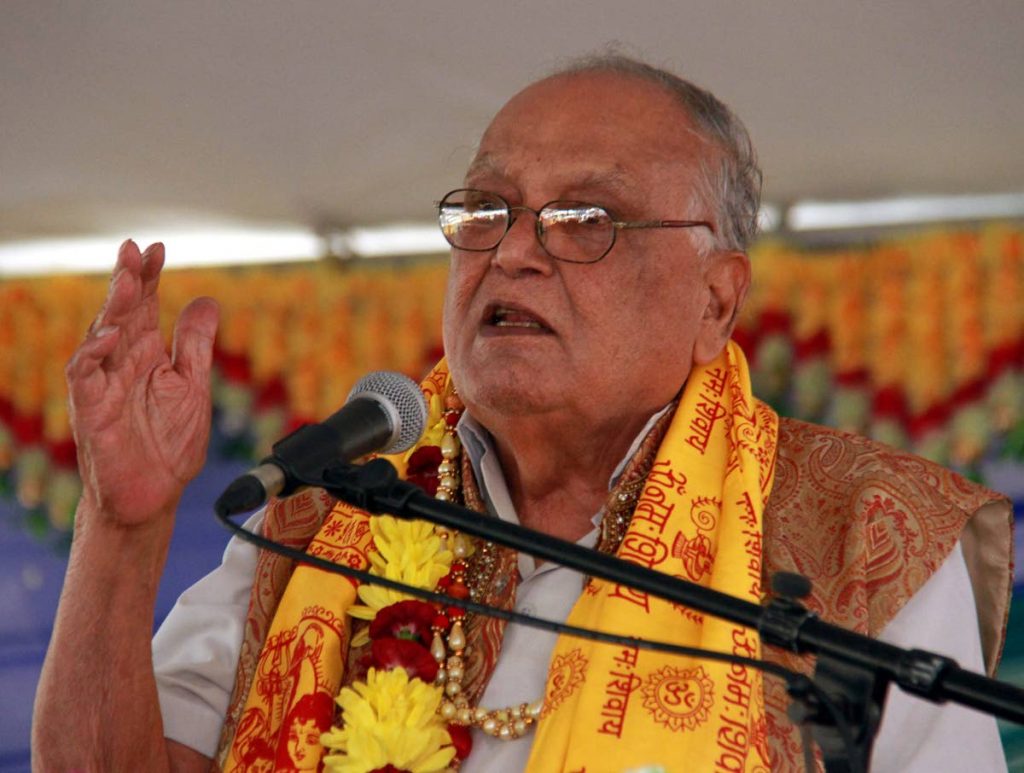Jhandis and hijabs in a callaloo nation

Sharda Patasar
I was mildly irritated when I saw the Newsday’s update two weeks ago – Sat defends hijab decision – followed by the obviously discriminatory comments by the head of the Sanatan Dharma Maha Sabha (SDMS). While I am also wary of the press’ interpretations, it is difficult to argue with words in direct quotes.
For many Hindus in Trinidad and indeed for the national community, the SDMS has been a majority voice. It has been a brand of popular Hinduism that projects onto its own community a system of thought in which discriminatory practices against the non-Brahmin and the non-SDMS encourage behaviours that are archaic, to some of us.
The Hindu community is, however, much more varied – a point that is important for the national community to note. And Hinduism itself is a tradition of thinking that is practical – based on argument, investigation and the freedom to learn through experience. And so, it is within this context that I understand the SDMS belief as a worldview among many other worldviews. But more than this, the attitude of its head, while also a personality trait –“Sat will be Sat”– is also not just about personality or religion. There is also a historical context.
A release by the Centre for Indic Studies – a Trinidad based, non-profit organisation that focuses on the teaching of and education in Hindu intellectual traditions – briefly outlines a position that acknowledges this historical basis while also noting that Mr Maharaj’s reaction towards the issue at hand is ignorant and discriminatory:
“The Hindu community has struggled to be seen as a legitimate part of the social and cultural fabric of TT since 1845 and this struggle continues into the present day. The SDMS is no stranger to these struggles and has been at the forefront advocating for the rights of Hindus to freely practice their faith, publicly display their cultural traditions, and importantly to have equal access in claiming a space for themselves in the framework of the nation state. There is an inherent contradiction, however, when the leadership of an organisation that claims to represent the interests of a minority community cannot see the bigotry in denying people of other communities the same access that its own members wish to have to all our local institutions.
The struggle of the Hindu community to establish their own schools, primarily lead by the SDMS, was a response to a colonial system that sought to strip away non-white, non-Christian identities and cultures and belittle those whose practices did not conform to colonial era, Victorian values. Values present in dress codes that barred dreadlocks, cane rows, boys with long hair, girls with piercings, hijabs, rakshas; the markers of identities which did not conform to prudish, bland whiteness… It seems that instead of unsettling and dismantling the systems of oppression which Hindus, like so many other groups in TT, have suffered under, the SDMS is content with just reversing the roles and reapplying the same old rules. In effect making them guilty of the same discrimination they routinely accuse the state of displaying.”
While both sides this past week – Nakhid and the SDMS – have been arguing constitutional rights, given that the situation deals with a board school and someone of a different religious persuasion, the question that we now face is: how does one put aside one’s sense of “this is discrimination” to navigate the current situation which appears on the surface, a denial of the freedom of self-determination – as Muslim, as female (because the hijab is as much about gender identity as it is about religion and personal identity) as a citizen of this country – and unclear school policy on the other? And to me some further crucial questions are what is the function of the denominational school in a supposedly multicultural nation? What is their place and context? What was their purpose in earlier times and what is their purpose now? How do constitutional rights that states non-discrimination based on gender, religion and ethnicity function within a denominational school? How much rights do these schools have to apply their own constitution given that some like the Lakshmi Girls' College are government assisted?
This issue, therefore, calls for more clarity over the policies of government-assisted denominational schools so that in another instance we are not blinded by the "religious" argument over that of policy. It’s too easy to start a war nowadays and then forget that we ourselves had never been clear about what we were actually fighting about or for.

Comments
"Jhandis and hijabs in a callaloo nation"